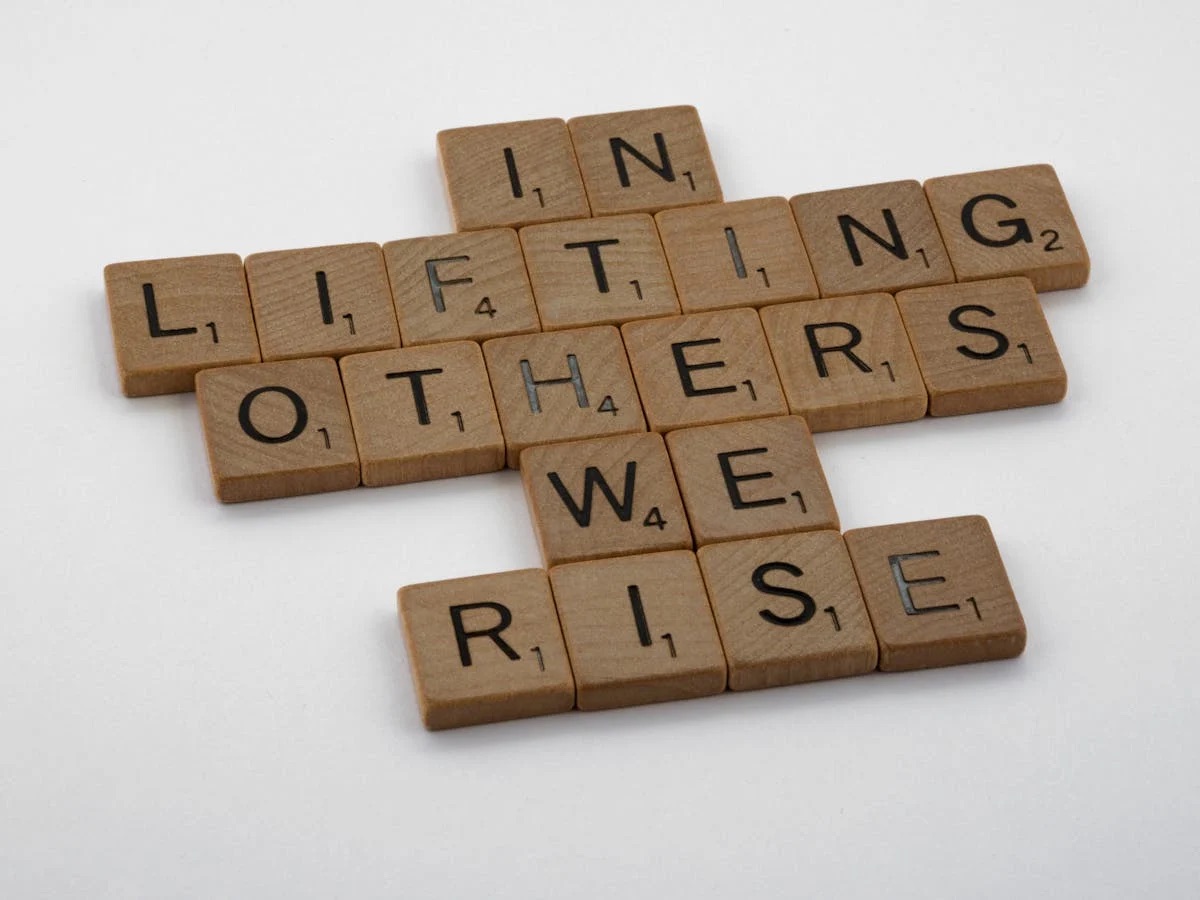
To serve is to place oneself in relation to another not through force, not through exchange, but through attention. This is the foundation of any authentic human society. Community service, in its true form, is not a hobby, nor a civic requirement, nor even an act of benevolence. It is a metaphysical necessity – an obligation rooted not in law, but in the very structure of reality, which is love.
We live in a time that defines worth through productivity. Man is praised when he produces, when he accumulates, when he ascends. Yet in this incessant climbing, he forgets to look down – not in shame, but in humility. He forgets the others. He forgets that he himself is one of them.
The soul suffers in isolation. It dries up in the desert of utility. When one serves, not out of pride or pity, but with true attention – pure, undivided, and silent – one brings water to this desert. And the first to drink is not the one who is served. It is the one who serves.
To participate in community service is to consent to reality as it is: a web of mutual dependence, a place where each being is a cry for help and a potential answer. Service, rightly understood, destroys the illusion of superiority. It levels us, not downward but inward, into that silent place where we no longer seek to shine, but to reflect.
There is in each of us a part that longs to escape the self. We speak often of freedom, but rarely do we notice that we are chained to our own desires, our reputations, our comforts.
Community service is not about helping the less fortunate; it is about becoming less fortunate in the most sacred sense. It is about stripping away the unnecessary so we may finally see what is essential: that the human being is sacred not because of what he can do, but because of what he is.
To serve is to acknowledge this sacredness. Not through words, not through ideology, but through physical acts – through the carrying of burdens, the sweeping of floors, the feeding of mouths. These humble gestures speak louder than philosophies. They remind us that truth is not abstract. It is incarnate.
The Greeks knew that the soul finds its nourishment not in power, but in order. Order is not hierarchy. It is harmony. When we serve, we place ourselves in the correct relation to the world – not as masters, not as victims, but as instruments. And an instrument, when it ceases to resist, becomes capable of beauty.
One must serve because one is human. And to be human is to be a bridge between the visible and the invisible. Service is the rehearsal for justice. It is the quiet training of the heart to see beyond itself. It teaches us that love is not a feeling but a posture of the will, a readiness to be interrupted, to be displaced, to be used.
There are those who say community service should be encouraged because it builds character. This is true, but it is secondary. Service is not for self-improvement. It is for self-emptying. And it is in this emptying that the soul is filled.
No policy can mandate love. No school can instruct the heart to kneel. But each person, in solitude and in freedom, can choose to bend. To take up a mop. To listen without speaking. To carry what is not theirs. This bending is not degradation. It is dignity. It is prayer in action.
To serve the community is to participate, however briefly, in the redemption of the world. Not in the grand manner of saints or heroes, but in the ordinary silence of presence. For presence is what we most lack. In a world deafened by noise, to be present is to offer a miracle.
Thus, community service is not merely a duty. It is a calling. And to refuse it is not to sin, exactly – but to miss the point of being alive.
Join us in making the world a better place – you’ll be glad that you did. Cheers friends.